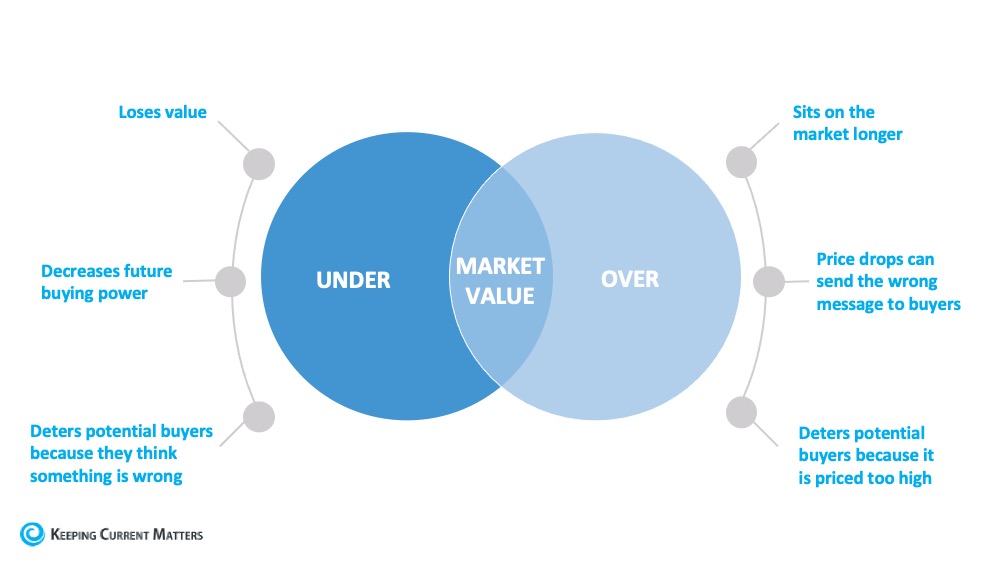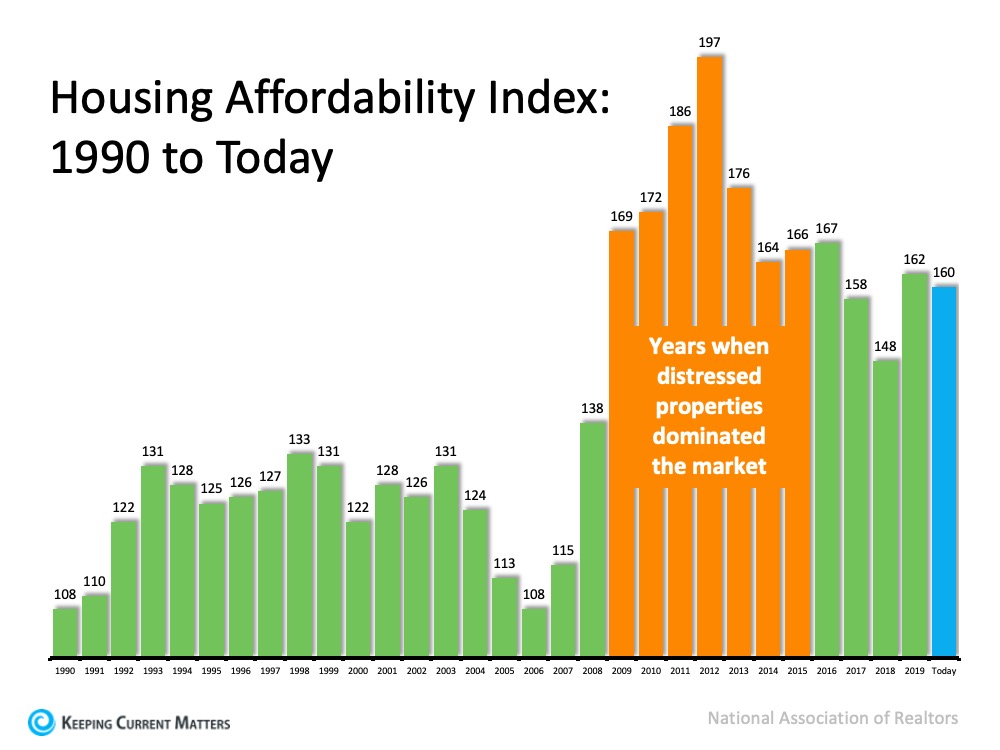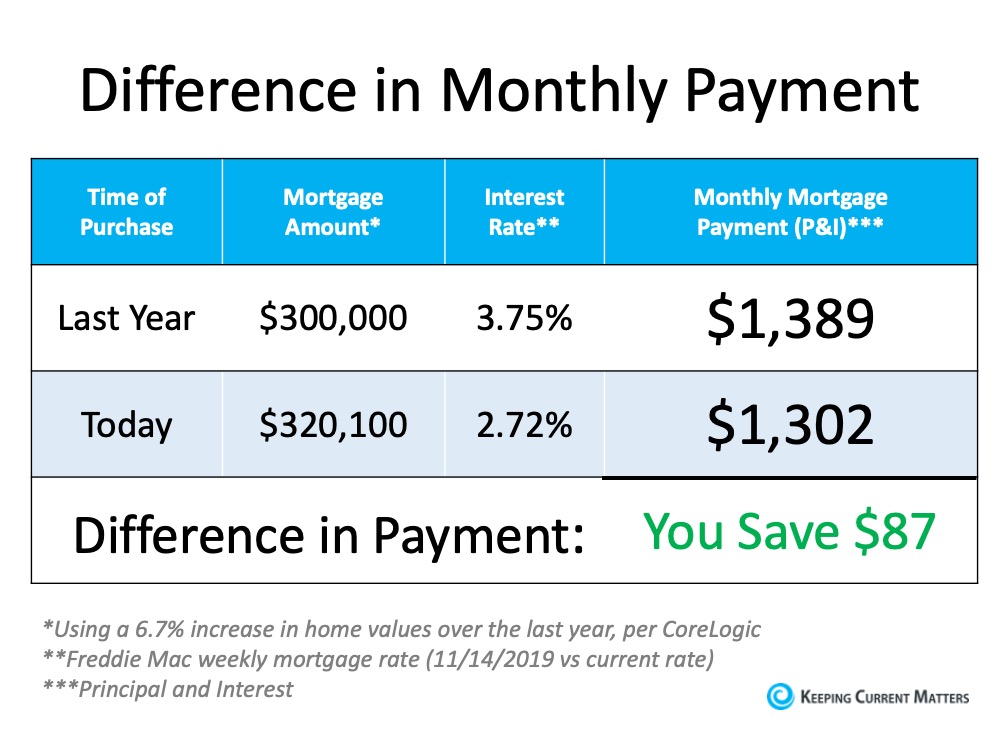Even in today’s sellers’ market, setting the right price for your house is one of the most valuable things you can do. According to the U.S. Economic Outlook by the National Association of Realtors (NAR), existing home prices nationwide are forecasted to increase by 4.5% in 2021. This means experts anticipate home values will continue climbing next year. Danielle Hale, Chief Economist for realtor.com, notes:
“We expect price gains to ease somewhat in 2021 and end 5.7% above 2020 levels, decelerating steadily through the spring and summer, and then gradually reaccelerating toward the end of the year.”
How to Price Your House
When it comes to setting the right price for your house, the goal is to increase visibility and drive more buyers your way. Instead of trying to win the negotiation with one buyer, you should price your house so that demand is maximized and more buyers want to take a look.
As a seller in today’s market, you might be thinking about pricing your house on the high end while so many of today’s buyers are searching harder than ever just to find a home to purchase. But here’s the thing – a high price tag does not mean you’re going to cash in big on the sale. It’s actually more likely to deter buyers.
Right now, even when there are so few houses for sale, your house is more likely to sit on the market longer or require a price drop that can send buyers running if it isn’t priced just right from the very beginning. It’s important to make sure your house is priced correctly by working with a trusted real estate professional throughout the process. When you price it competitively from the start, you won’t be negotiating with one buyer. Instead, you’ll likely have multiple buyers competing for the house, potentially increasing the final sale price.
It’s important to make sure your house is priced correctly by working with a trusted real estate professional throughout the process. When you price it competitively from the start, you won’t be negotiating with one buyer. Instead, you’ll likely have multiple buyers competing for the house, potentially increasing the final sale price.
The key is to make sure your house is priced to sell immediately. This way, it will be seen by the greatest number of buyers. More than one of them may be interested, and it will be more likely to sell at a competitive price.
Bottom Line
Reach out to a local real estate professional to price your house correctly from the start so you can maximize your exposure and your return.







